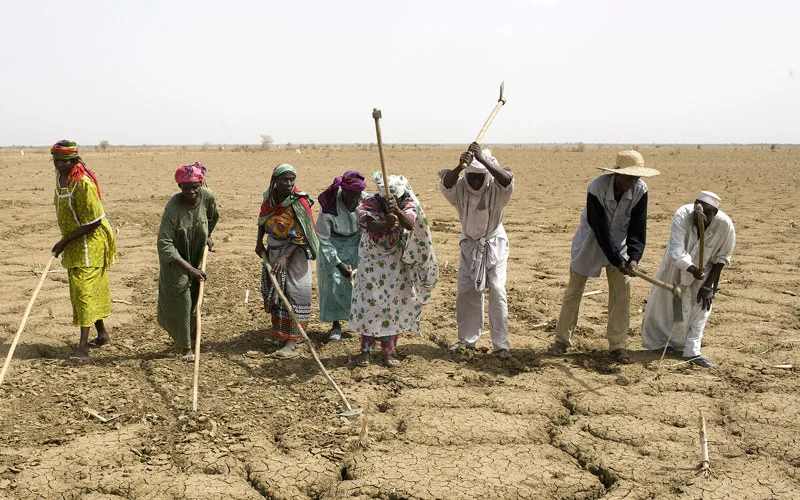“On 9 November, Caritas Internationalis will co-host a side event titled, Addressing loss & damage to deliver climate justice. Youth, gender and faith leaders’ perspective, along with other Faith Based Organisations,” they add.
In the November 6 statement, the Secretary General of CI says, “Without a reliable and comprehensive financing facility to ensure funding to help countries cope with climate-induced loss and damage, the most vulnerable countries will sink deeper into debt and poverty every time they are hit by climate disasters, for which they are not responsible.”
“Caritas believes climate funds should focus on climate-resilient community development initiatives. However, most climate funding is devoted to mitigation measures, which act on the causes of climate change,” CI leadership says.
According to the CI Secretary General, “Climate finance should be invested at the local level to address the needs of poor and vulnerable communities and structured to mitigate economic risks and debt distress created by climate change.”
“We regrettably see how the disbursement and utilization of international climate finance remain inconsistent and profoundly unfair, and that there is limited and lack of transparency and accountability with climate funds reaching the poor and vulnerable communities that are on the frontlines of the climate crisis,” the CI official adds.
At COP27, CI officials say they will also highlight the “need for climate finance to be provided not in the form of loans, which would further burden economic growth in developing countries, but in the form of grants.”
“The resilience of local communities to climate change also depends on agriculture, which will be one of the key topics at COP 27,” they say, and add, “Agriculture must play a central role in climate change policies and address current severe food insecurity.”
In the November 6 report, CI officials underscore the need for “greater investment in the agricultural sector with a focus on innovations that build sustainable local food systems rooted in local realities, inclusive and resilient to climate shocks worldwide.”
“In a context in which climate change continues to make resources scarcer and the carbon footprint more significant, we urge states to ensure that science reflects and integrates lived experience and local knowledge in responding to climate change,” Mr. John says.
CI leadership further urges world leaders “to build on the experiences and practices of local communities, whose knowledge of how to cultivate and maximize the use of locally available resources has brought unquestionable benefits of adaptation and mitigation.”








